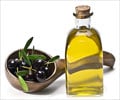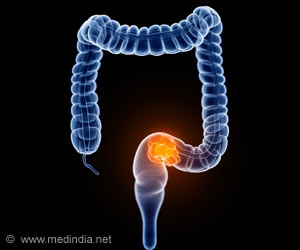Want to live longer? Consuming olive oil, one of the main ingredients used in the Mediterranean diet, can increase your life expectancy, suggests a new study.
- Eating a Mediterranean diet can help you live longer
- Olive oil in the Mediterranean diet may increase your life span and help fend off a wide range of aging-related diseases
- Therefore, adding olive oil to the traditional Mediterranean-style eating pattern can boost your overall health
Read More..
Early studies on the diet suggested red wine was a major contributor to the health benefits of the Mediterranean diet because it contains a compound called resveratrol, which activated a certain pathway in cells known to increase lifespan and prevent aging-related diseases. However, work in Mashek's lab suggests that it is the fat in olive oil, another component of the Mediterranean diet, that is actually activating this pathway.
According to Mashek, merely consuming olive oil is not enough to elicit all of the health benefits. His team's studies suggest that when coupled with fasting, limiting caloric intake and exercising, the effects of consuming olive oil will be most pronounced.
"We found that the way this fat works is it first has to get stored in microscopic things called lipid droplets, which is how our cells store fat. And then, when the fat is broken down during exercising or fasting, for example, is when the signaling and beneficial effects are realized," Mashek said.
The next steps for their research are to translate it to humans with the goal of discovering new drugs or to further tailor dietary regimens that improve health, both short-term and long-term.
Reference:
- Lipid Droplet-Derived Monounsaturated Fatty Acids Traffic via PLIN5 to Allosterically Activate SIRT1 - (https://doi.org/10.1016/j.molcel.2019.12.003)
















